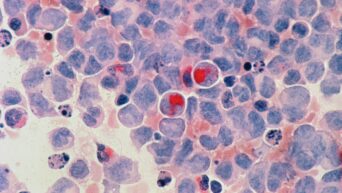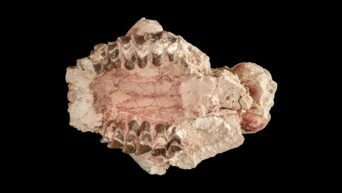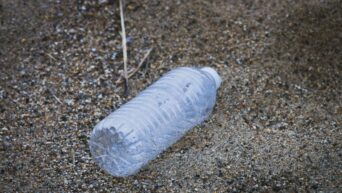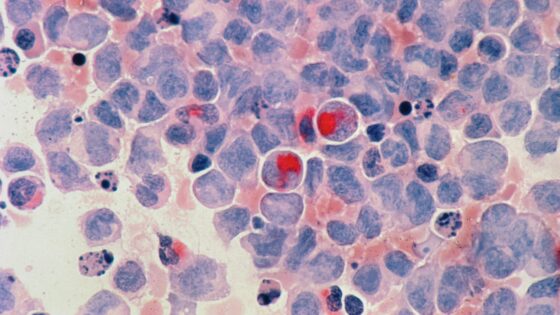In a recent dig in Oman, Siberia, and India, a scientific team from the University of California uncovered multiple rock and oil samples that date back hundreds of million years to the point in which complex creatures came into existence. By analyzing these samples, the scientists found an interesting chemical, 26-methylstigmastane (26-mes for short).
This chemical is only found in one other place in the entire modern world: within the body of a subset of sea sponges, known as demosponges. Yep, that’s right. The very first complex animal to form in the primordial seas was a humble sponge. Pineapple not included.

This kind of research is usually difficult to perform, as many early creatures lacked solid skeletal structures that could serve as fossils. The existence of 26-mes in the sample serves as a signal of a specific kind of life, known as a biomarker, that can be used in lieu of a fossil.
Team lead Gordon Love has been researching biomarkers since the late 2000s. He has found biomarker chemicals in samples before, but they were inconclusive since they could be found in multiple forms of life. Since 26-mes is only in demosponges, this study holds much more water.































